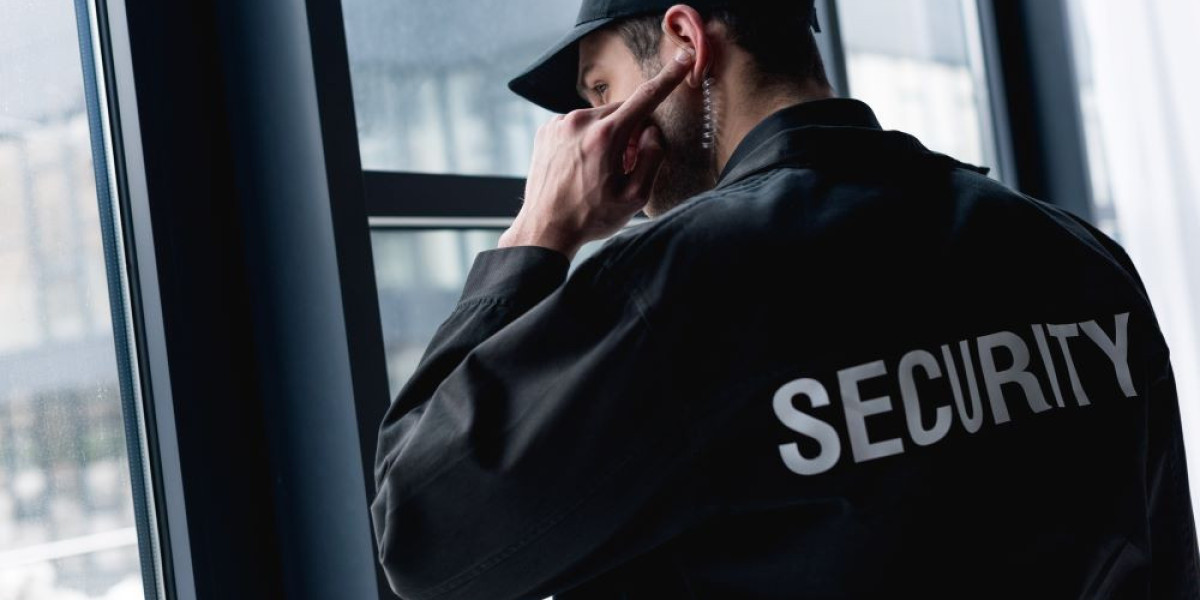Security guards play a crucial role in maintaining safety and order in various settings, ranging from shopping malls and offices to events and residential areas. Their responsibilities are diverse and often go beyond the common perception of merely patrolling and observing. To ensure a clear understanding of the roles and limitations of security guards, it is essential to delve into the specifics of their duties and the legal constraints that govern their actions.
Roles of Security Guards:
- Deterrence and Prevention: Security guards are often stationed to deter potential criminal activities. Their mere presence can act as a deterrent, discouraging individuals with malicious intentions from engaging in unlawful behavior.
- Patrol and Surveillance: One of the primary tasks of security guards is to patrol designated areas and conduct surveillance. They are responsible for monitoring CCTV cameras, checking access points, and identifying any suspicious activities.
- Emergency Response: Security guards are trained to respond quickly and effectively in emergency situations. Whether it’s a fire, medical emergency, or security threat, they are expected to take appropriate action and coordinate with relevant authorities.
- Access Control: Controlling access to secured areas is another critical responsibility. Security guards may check identification, verify credentials, and ensure that only authorized individuals enter restricted zones.
- Customer Service: In settings like shopping malls and office buildings, security guards often serve as a point of contact for visitors. They may provide directions, assist with inquiries, and offer general information about the facility.
- Asset Protection: Security guards are entrusted with safeguarding valuable assets, merchandise, or equipment. This involves monitoring and preventing theft, vandalism, or any other forms of damage to property.
- Crowd Control: During events or in crowded areas, security guards play a crucial role in maintaining order. They manage crowds, prevent disturbances, and intervene when necessary to ensure a safe environment. Read more about What security guards can and can’t do
Limitations of Security Guards:
- Limited Legal Authority: Security guards do not possess the same legal authority as law enforcement officers. While they can detain individuals for a brief period, they cannot make arrests. Their role is to observe, report, and, when necessary, call law enforcement.
- Use of Force: Security guards are trained to use force only when necessary and within legal limits. The level of force applied must be reasonable and proportional to the threat at hand. Excessive force can lead to legal consequences.
- Legal Boundaries: Security guards must operate within the framework of the law. They cannot conduct searches without consent, and they must respect the privacy rights of individuals within the premises they are assigned to protect.
- No Legal Immunity: Unlike law enforcement officers who often have legal immunity, security guards are generally not protected from legal consequences resulting from their actions. They can be held accountable for any misconduct or negligence.
- Arrest Authority: While security guards can detain individuals for a short period until law enforcement arrives, they do not have the authority to make arrests. Arrests should be carried out by duly authorized law enforcement personnel.
- Jurisdictional Limitations: Security guards typically have limited jurisdiction and authority. Their powers extend only to the premises they are hired to protect. They cannot pursue suspects beyond these boundaries.
- Training and Certification Requirements: Security guards must undergo specific training and obtain necessary certifications. Failing to meet these requirements can impact their effectiveness and legal standing in case of an incident.
Conclusion:
Security guards play a vital role in maintaining the safety and security of various establishments, but it is essential to recognize their limitations. Understanding the legal boundaries and the extent of their authority ensures that security personnel contribute to a secure environment while respecting the rights of individuals. By striking a balance between their roles and limitations, security guards become valuable assets in the overall framework of public and private safety. Visit official website californiasecurityservice.com








